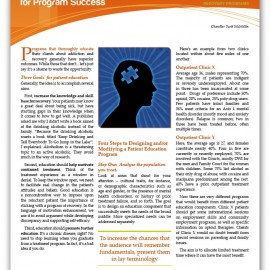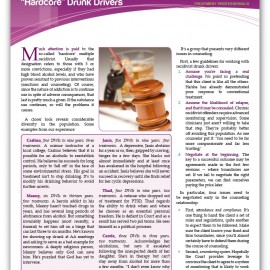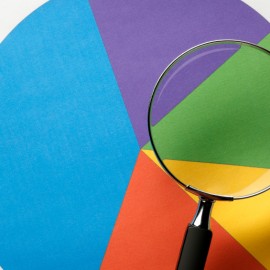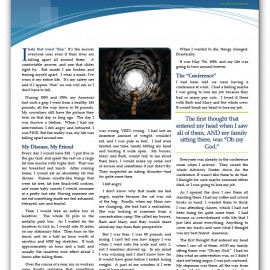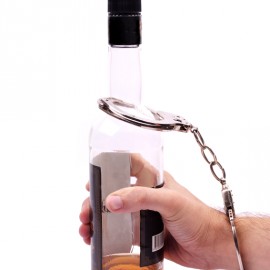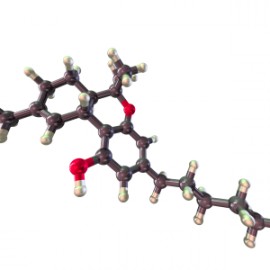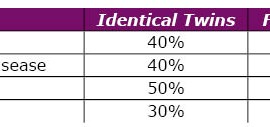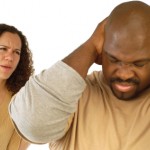Library
 Resources on Addiction, Treatment, and Recovery
Resources on Addiction, Treatment, and Recovery
What can you find in the Library?
We’d like the Library to be a one-stop shop for information and resources on addiction, treatment, and recovery. We’ll be building sections for different types of media, topic areas, and audiences, just like a real-world library.
You can view the complete feed of all RecoverySI articles, resources, videos and more here.
Check out our first “New Addition”–the Bookshelf!
Online: The Power of 24/7 Fellowship
Whatever problem we’re facing at our 2:00 am relapse decision point, it’s an almost certain bet that another recovering person has been there.
Topics: communication, maintaining sobriety, recovery support groups, Recovery Tools, tools for recovery
Patient Education: Powerful Tool for Program Success
A key breakthrough for recovering clients: The realization that, while they cannot control their disease, they can do a lot about their own recovery.
Topics: clinical management, patient education, program development
Counseling Challenge: “Hardcore” Drunk Drivers
Repeat DUI/DWI offenders can pose tough challenges for treatment programs and counselors. The needs of the client and the demands of the legal system don’t always work together.
Topics: addicted offenders, client engagement and motivation, compliance and noncompliance, counseling skills, DUI/DWI, leverage
Cost Control Challenges
A budget, after all, is just a detailed prediction about the future. Human beings are not that good at predicting the future.
Topics: administration, financial strategies
Intervention From the Inside
The way the “interven-ee” feels about the intervention changes a lot, from the beginning of the intervention, by the end of the intervention, during treatment and after, and years into recovery.
Topics: co-occurring disorders, consequences, eating disorders, intervention, signs and symptoms
Complex Trauma: A Practical Approach
We can’t always predict which problem will require attention first — or indeed, when opening a door in therapy will introduce a whole new set of emotional needs and issues.
Topics: assessment, client types and needs, co-occurring disorders, compulsive behavior, therapeutic models, therapies and tools, trauma, treatment planning
Addiction, Abuse, Dependency–What’s the Difference?
As a judge once put it: it was clear to him that psychiatrists got together and defined various disorders, and a few years afterwards, they got together and redefined them.
Topics: diagnosis, signs and symptoms
Some Observations on Mental Illness
Therapy we might see as fiddling with the ‘software’. Not so different from treating a chronic disease such as diabetes, where education and counseling improve outcomes.
Topics: co-occurring disorders, diagnosis, mental illness
Some Observations on Mental Health Diagnosis
Another common criticism is that the diagnostic system dehumanizes clinical care, leading us to think about disorders rather than people.
Topics: diagnosis, mental illness, signs and symptoms


